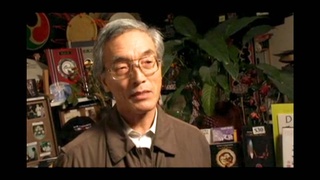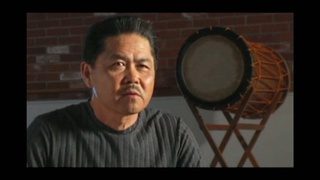Interviews
Starting Japanese American taiko their own way
There was nothing like it around. And there was no teacher. There was a group of us that got together. We’ve seen movies. We listen to records. We saw pictures, but there was no teacher. So that’s a good thing and bad thing. It took us longer to evolve and to develop. But because of that, it made us, after a long period of time, more confident and secure of what we were trying to do because what we were doing was the original. We were just making it up as we were going along, anyway. Not only were we making up the music, we were also making the instruments because we couldn’t afford our own taikos from Japan. So we were creating that particular consciousness.
Again, all this is just totally unconscious. It’s not like, “We are going to develop and make Japanese American music. We are going to make Japanese American instruments. This is what we’re going to do. We set out for this goal to do it.” We didn’t do that. We had no idea. Now I can say what I’m saying [which] is that, unconsciously, this form evolved. This is what it is. This is what it came out to be.
Date: October 15, 2004
Location: California, US
Interviewer: Art Hansen, Sojin Kim
Contributed by: Watase Media Arts Center, Japanese American National Museum





